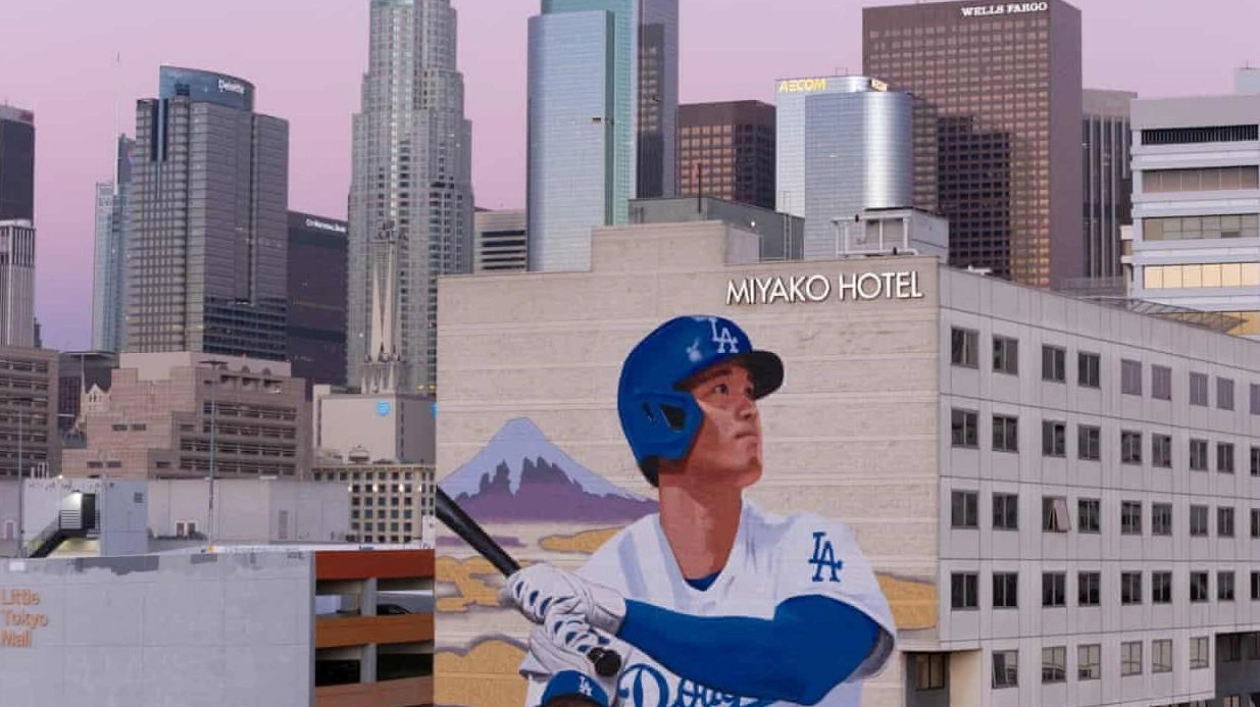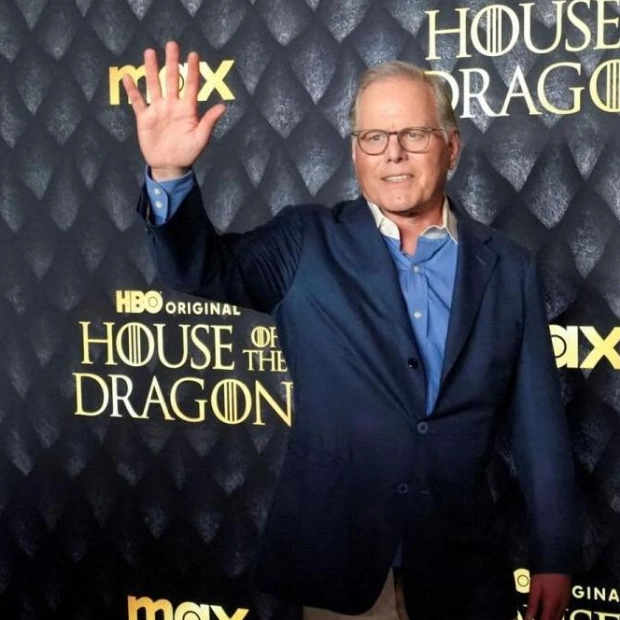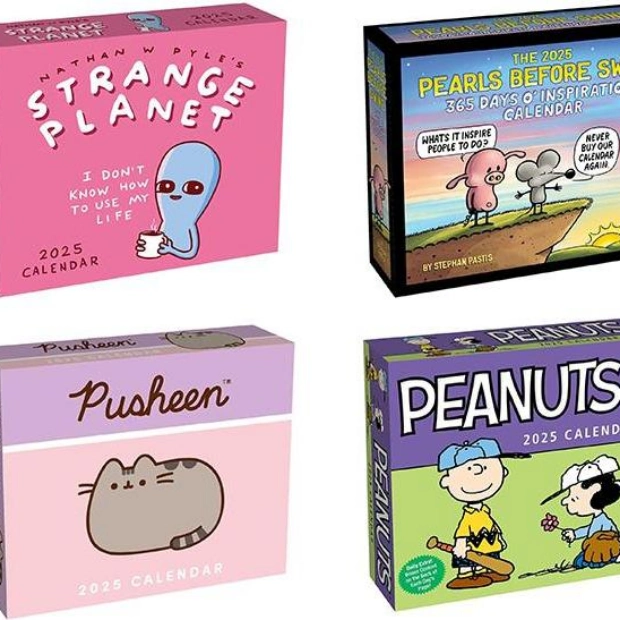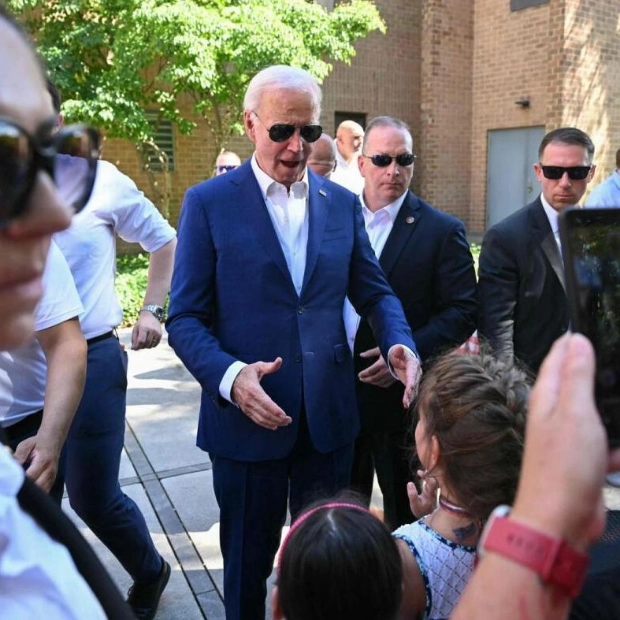Over the past few months, Don Tahara has distributed nearly 100 bottles of free sake to commemorate Shohei Ohtani’s late-season feats for the Los Angeles Dodgers. At Little Tokyo’s Far Bar, a gastropub that Tahara established 18 years ago, every customer receives a complimentary shot each time Ohtani hits a home run. The “Shohei sake shot” promotion hasn’t been inexpensive, but Tahara believes it’s a worthwhile investment for a devoted Dodgers fan. Watching Ohtani at Far Bar has become a family event, especially when the Dodgers play at home. Women and seniors, who previously rarely visited the bar, now flock in wearing Ohtani jerseys. More passionate fans start with a pre-game meal at the bar before heading to the stadium via Uber, then return for post-game cocktails.
“We’ve become the go-to spot for Dodgers games,” Tahara said, noting a 30-40% increase in business on game days. “People who wouldn’t usually come here for sports now come for Shohei.” As the Dodgers face the New York Yankees in the 2024 World Series, Ohtani fever has transformed Little Tokyo into the unofficial “Dodger Town.” Local business owners, already avid Dodgers fans, quickly introduced Ohtani-themed specials to support their hometown hero. A large mural of Ohtani at the Miyako Hotel has become a major tourist attraction, drawing crowds that help revitalize the historic district amid growing gentrification threats.
In the nation’s second-oldest Japantown, Ohtani’s 10-year, $700 million contract with the Dodgers has had a profound impact. Adam Burke, president and CEO of Los Angeles’s tourism board, estimates that the number of Japanese tourists could surpass 400,000 this year, nearly doubling from 2023. The Miyako Hotel’s general manager reports that 98% of its occupants on game days are there to see Ohtani. Mariko Lochridge, small-business coordinator at the Little Tokyo Service Center, notes that while Ohtani has boosted Japanese tourism, his lasting impact is on increasing the visibility of Japanese language and culture in the U.S.
“The enduring effect of Ohtani fever is enhancing Little Tokyo’s ‘cool factor’ because our identity is linked to Japan,” Lochridge said. “It gives us hope that people will discover the neighborhood and fall in love with it.” Along the four streets of historic Little Tokyo, bars and dessert shops are creating Ohtani-themed food items. Fugetsu-Do, a confectionery that has been making mochi for 121 years, introduced “Sho-mochi”: Dodger-blue wrapping filled with white chocolate and ganache. The Okayama Kobo bakery inside Miyako Hotel offers pastries shaped like Dodgers’ helmets.
Tahara and other business owners credit local artist Robert Vargas, who painted the Ohtani mural, for spotlighting Little Tokyo. “The mural is the best thing to happen to Little Tokyo in a long time,” Tahara said, observing that many Japanese tourists take photos in front of the mural and then visit the bar. The mural dominates Bunkado, a family-owned gift shop that opened in 1946. Natsuki Quartz, who runs Nostalgiana, a crafts pop-up stand selling traditional Japanese products, notes that since the mural’s unveiling in March, visitor numbers to the gift shop have more than doubled, often exceeding 500 on busy days.
“Ohtani-san has definitely made a significant change to Little Tokyo,” Quartz said, using the Japanese honorific. “People are now seeking to experience Japanese culture, not just dining.” At Mr Ramen, the last family-run ramen shop on First Street, Ohtani fever has led to a surge in sales from new customers eager to try Japanese cuisine. Co-owner Ryusei Yamamoto, 36, said, “We’re seeing a lot of interest in the Japanese community. We’re hearing about people who speak Japanese and know Japanese culture and history moving back to Little Tokyo.” Like Far Bar, Mr Ramen offers 50% off the first 17 bowls of ramen the day after Ohtani hits a home run. While most patrons are LA residents, Yamamoto notes a rise in Japanese tourists and out-of-state visitors.
This resurgence follows a challenging period for the restaurant. Yamamoto’s father, who founded Mr. Ramen in 1993, passed away suddenly in 2020, leaving Yamamoto and his two brothers with the tough decision of selling or taking over the business. They chose to rebuild the restaurant to honor their parents’ legacy. “If we had sold for the low offers during Covid,” Yamamoto said, “it would have been disrespectful to our parents.” Yamamoto hopes Little Tokyo’s resurgence continues, though development pressures remain a significant threat for family-owned businesses in the 140-year-old district. Long-time residents and business owners are being priced out as large-scale developments, including a new rail line and a $2 billion multiuse project, are approved.
In May, the National Trust for Historic Preservation named Little Tokyo one of the 11 most endangered historic places in the country. Kristin Fukushima, managing director of the Little Tokyo Community Council, notes that more than half of Little Tokyo’s legacy businesses—those operating for over a decade—have closed or left the neighborhood in the past 15 years. “We’re still seeing rents rise,” Fukushima said. “A few businesses have benefited from this moment, but it’s not fully addressing our issues.” As a Dodgers fan, Fukushima is excited for the World Series but concerned about impending changes to Little Tokyo. She’s noticed parking lot prices increasing, which she fears could deter locals from visiting.
Fukushima believes that tourism driven by sporting events and celebrities can be positive if investments benefit the community. This conversation is crucial ahead of the 2028 Olympics in Los Angeles. “We want to ensure visitors support our legacy businesses,” Fukushima said. “We’re not against change or progress, but we want to protect our 140-year-old community.”
Source link: https://www.theguardian.com






